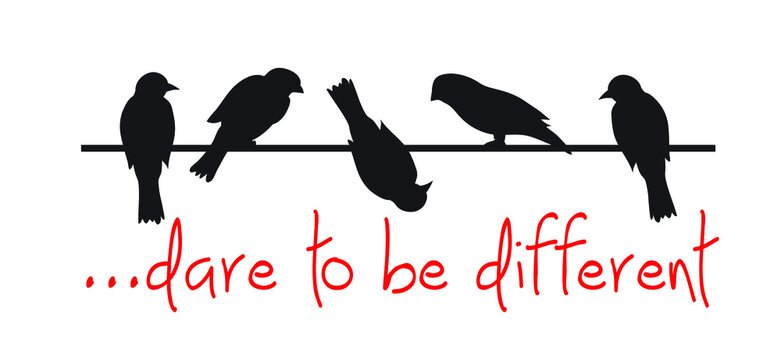What is mindful blindness?
Mindful blindness is when human beings including institutions turn a blind eye to the truth to feel safe, reduce anxiety, avoid conflicts, and protect their prestige and reputations. There are several factors that contribute to mindful blindness, these may include cognitive biases such as confirmation bias, which leads individuals to seek out information that confirms their pre-existing beliefs and ignore contradictory evidence. Other factors include social pressures, fear of consequences or reprisals, groupthink - a phenomenon where group members prioritise consensus over critical thinking - and the desire to maintain a positive self-image or protect one's reputation.
The consequences of mindful blindness can be far-reaching and hinder personal growth, impede decision-making processes, prevent the identification and resolution of problems, and perpetuate harmful behaviours or practices. In organizational settings, mindful blindness can lead to unethical conduct, negligence, and even legal violations. At a societal level, it can contribute to systemic issues, such as discrimination, corruption, and social injustice. I think that to address mindful blindness will require individuals and institutions to cultivate a willingness to confront uncomfortable truths and acknowledge the limitations of their perspectives. And this involves promoting critical thinking, fostering open and transparent communication, encouraging diverse viewpoints, and actively seeking out and considering different sources of information.





















